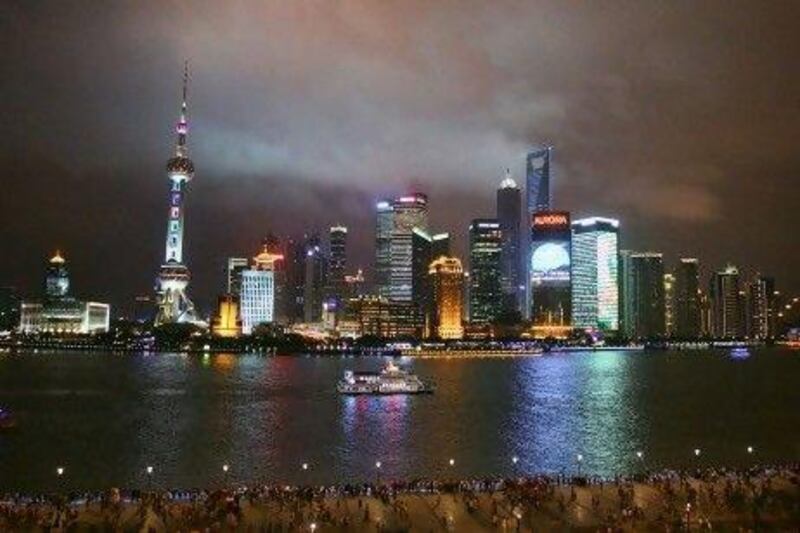A little certainty goes a long way when the world seems to have turned on its head. Four years after doubts about financial markets spread to the "real economy", European politicians' inability to agree on a solution means those doubts remain. Certainty, therefore, carries a strong premium now. It is the underlying commodity in which lawyers trade, and something we notice when it isn't there.
If I put my savings into a French account, what happens if Greece defaults? If I put my money into listed equities, do I know the board will invest it honestly? If I don't know the answers to these questions, I will keep the cash under the mattress. If international businesses and investors lose certainty in investing their capital, the wheels of the globalised economy get stuck.
At a heady point over the summer, when the euro was on a wild ride, and Congress and the White House were threatening a US economic default, the law firm Allen & Overy asked more than 1,000 global business leaders questions such as: are you confident about your business; which regions are rising and falling in economic influence; which markets present opportunities for growth; and which markets have the most significant barriers to entry? Among the expected themes of Brazil, Russia, India and China (Bric), and the decline of western economic imperialism, the answers give a few surprises.
The first is the complexity of global capital flows. As investment flows diversify into a greater number of developing markets, they have also become sources of capital. Outflows of foreign direct investment from China increased from US$22 billion (Dh80.8bn) in 2007 to $52bn in 2008.
The Bric economies collectively recorded a 380 per cent increase in foreign direct investment outflows between 2005 and last year. Business leaders say their targets for investment will continue this trend - five of the top 10 destinations for investment are in Asia. Chinese and Indian businesses, perhaps with stronger stomachs for political risk, see the economic influence of Africa increasing. This greatly increases the interaction of capital between business, political and legal cultures.
Another surprise was how views of our hosts' behaviour vary according to where we come from. It is no surprise that 21 per cent of our respondents think China presents the greatest barriers to entry for foreign investment, but the next highest (at 19 per cent) is the US. The Chinese, Russians and Koreans find the US the hardest market to enter. With some irony, Chinese businesses are concerned about protectionism by governments hosting Chinese investments, which could be a mere footnote, if these were not the future sources of international capital investment.
The point here is that although new investment corridors are opening and growing, there is uncertainty and mistrust in these untested investment relationships. That uncertainty causes the wheels to turn less smoothly than they could and should.
What opportunities does this offer the UAE? We called our report 50 Degrees East - a meridian that runs through the Arabian Peninsula, with developed markets and legal systems to the west and the high-growth markets to the east and south. The UAE, with the professional and financial infrastructure to facilitate cross-border investments, sits between.
Just as ancient trade routes ran through this region, and ports competed for business with attractive tariffs and safe passage, the UAE can position itself as a trusted conduit for future capital flows. But this comes with hard work and responsibility. Investors will look for transparent investment regulation, robust corporate governance, and a legal system that offers certainty.
The temptation may be to impose more rules, and give more powers and discretion to regulators. But it is transparent regulatory behaviour, openness to foreign investment and accountability in corporate governance that fosters investment.
To take advantage of this generation's economic shift, the UAE should look to the East for the sources and destinations of capital, but look to the West for the rules that foster the investment of it.
Tom Levine is a partner in the Abu Dhabi office of Allen & Overy





